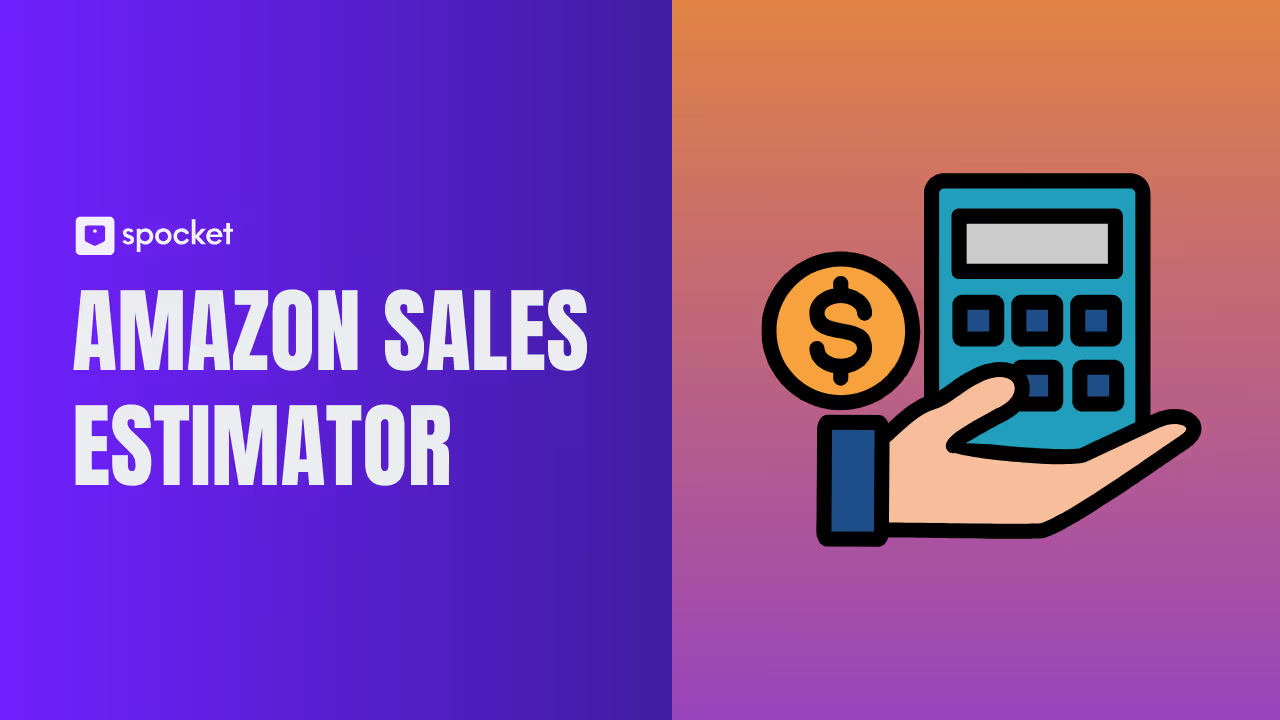Is OnlyFans Illegal?
Is OnlyFans illegal? Discover the truth about its legal status, financial pressures, and the stigma surrounding content creation in today's digital economy.


OnlyFans has become one of the most talked-about digital platforms in recent years, primarily due to its association with adult content. Launched as a creator subscription service, it quickly gained notoriety as a go-to site for adult content creators during the COVID-19 pandemic. With controversies surrounding its branding, a failed attempt to ban explicit material, and ongoing debates about its moral and legal implications, many are left asking: Is OnlyFans illegal? This article explores the legal standing of the platform, the financial pressures behind its policy shifts, and the cultural stigma surrounding digital adult work.
What Is OnlyFans?
OnlyFans launched in 2016 as a subscription-based platform for creators of all kinds—artists, fitness coaches, chefs, and more. However, it wasn’t long before the platform became synonymous with adult content. Its flexible content guidelines and direct-to-consumer payment model made it particularly attractive to adult content creators who had been restricted or deplatformed elsewhere.
The site’s growth accelerated during the COVID-19 pandemic, as millions turned to digital income streams. Despite offering opportunities for independent creators, OnlyFans attracted controversy for blurring the lines between legitimate creator monetization and the adult industry. While creators tout autonomy and earnings potential, critics argue that the platform glamorizes risky digital labor.
Why Is It Controversial?
What makes OnlyFans especially controversial is its public image dilemma. Though the company has tried to position itself as a mainstream creator platform, the reality is that its success is overwhelmingly driven by adult content. This disconnect has complicated its relationships with payment processors, app stores, and investors, many of whom are hesitant to be associated with explicit material.
As a result, OnlyFans exists in a liminal space: not entirely accepted as a legitimate content platform, yet legal and profitable. Its identity crisis continues to fuel public debate and policy scrutiny.
Is OnlyFans Illegal?
Despite widespread confusion, OnlyFans is not illegal. The platform operates legally in the United Kingdom, where it is headquartered, and complies with applicable laws in other jurisdictions, including the United States. It is a legal business offering a content monetization service, and the adult material hosted there falls under the umbrella of lawful adult entertainment, provided it adheres to strict guidelines around age, consent, and intellectual property.
In the U.S., adult content is protected under the First Amendment, though creators must comply with federal and state-level requirements, such as record-keeping under 18 U.S.C. § 2257. Similarly, in the UK, content must meet the standards of the Digital Economy Act and other regulatory frameworks. These include strict age verification processes, content moderation, and a ban on certain extreme material forms.
Enforcement complicates matters. Investigations, such as the 2021 BBC exposé, revealed OnlyFans' failures to adequately remove underage or non-consensual content. These lapses don’t make the platform illegal but raise questions about liability and regulatory compliance.
Ultimately, the question “Is OnlyFans illegal?” reflects deeper concerns about digital platforms, data permanence, and the line between personal freedom and platform responsibility—it is not a question of outright legality.
OnlyFans’ Financial Pressures and Platform Censorship
In August 2021, OnlyFans shocked its community by announcing a ban on “sexually explicit conduct,” only to reverse the decision six days later. While many interpreted the move as a betrayal of the adult content creators who built the platform, the root cause was financial: pressure from payment processors and investors.
Companies like Visa and Mastercard, which facilitate payments on the site, often impose strict compliance rules on platforms hosting adult material. These restrictions make it difficult for sites like OnlyFans to maintain banking relationships or scale operations. Simultaneously, venture capital firms—often organized as limited liability partnerships—routinely avoid adult industries due to reputational risk clauses written into their investment policies.
OnlyFans' attempt to ban adult content was widely seen as a failed rebranding move aimed at entering mainstream app stores and unlocking new sources of capital. Google and Apple prohibit explicit material in their app marketplaces, further isolating the platform from digital distribution opportunities.
The backlash was immediate. Creators condemned the platform for prioritizing investors over those who had made it successful. The hasty reversal and vague reassurances only intensified public skepticism about the platform’s long-term commitment to its adult creator base.
How Do Content Creators Find OnlyFans?
Although OnlyFans is legal, the adult creators who use it often find themselves navigating a hostile social and economic environment. Society may consume adult content widely, but it continues to stigmatize the people who produce it. This contradiction fuels discrimination, employment barriers, and psychological distress for digital adult workers.
Many creators turn to OnlyFans for financial independence, especially during economic downturns like the COVID-19 pandemic. However, they quickly learn that income can be unstable, algorithms unpredictable, and reputational damage long-lasting. Being labeled an “adult content creator” carries a digital footprint that’s nearly impossible to erase, impacting future job prospects or personal relationships.
Platforms like OnlyFans profit from this labor but offer little protection. As independent contractors, creators lack employment benefits, legal recourse, or consistent policy enforcement. When the platform threatened to ban explicit content, it exposed how disposable its workforce had become, sacrificed in favor of investor relations and mainstream appeal.
Ethically, this reflects a broader societal failure to acknowledge adult content as legitimate labor. Despite contributing billions to the economy, adult creators remain marginalized, policed, and often blamed for structural inequities beyond their control. The digital economy has given them tools—but not necessarily power.
Conclusion
So, is OnlyFans illegal? No, but the question itself reveals much more than a legal inquiry. It exposes how adult content exists at the intersection of legality, morality, and capitalism. While platforms like OnlyFans are lawful, the economic systems surrounding them—banks, investors, and app stores—often treat them as taboo.
The controversies over OnlyFans' policies, creator treatment, and public image show that legality is not the same as legitimacy. Until society and institutions confront their biases about adult labor, platforms will continue to operate under threat, not from the law, but from stigma and financial marginalization. The law may permit it, but acceptance remains elusive.
Is OnlyFans Illegal? FAQs
Is OnlyFans illegal in the United States?
No, OnlyFans is not illegal in the United States. It is protected under free speech laws and operates legally as a subscription-based platform. However, creators must comply with federal and state regulations concerning age verification, consent, and content distribution.
Can you get in legal trouble for using OnlyFans?
Users typically do not face legal issues for subscribing to content on OnlyFans. However, sharing or redistributing paid content without consent may violate copyright laws. Creators must also pay taxes on income and comply with local business or content-related regulations.
Why did OnlyFans try to ban adult content?
In 2021, OnlyFans announced a ban on explicit content due to pressure from payment processors and investors. Companies like Visa and Mastercard reportedly imposed restrictions, making it hard for OnlyFans to process payments and attract new capital while hosting adult material.
Is it legal to be an adult content creator on OnlyFans?
Yes, creating adult content on OnlyFans is legal in many countries, including the U.S. and U.K., as long as creators follow laws related to age, consent, and tax obligations. Local laws may vary, so it’s essential to research region-specific regulations.
Launch your dropshipping business now!
Start free trialRelated blogs

Best 10-Minute Delivery Apps India
Here is a list of the best 10-minute delivery apps India offers in 2026. From Swiggy, Zepto, Blinkit, and more! Check them out now!

Best Amazon Sales Estimators
Are you looking for a reliable and trustworthy Amazon sales estimator? Well, check out these options we have in store for you!

Best Niche Scraping Alternatives
Are you looking for a good Niche Scraper alternative? Worry not, we’ve got you covered! Check out what we have in store.


































